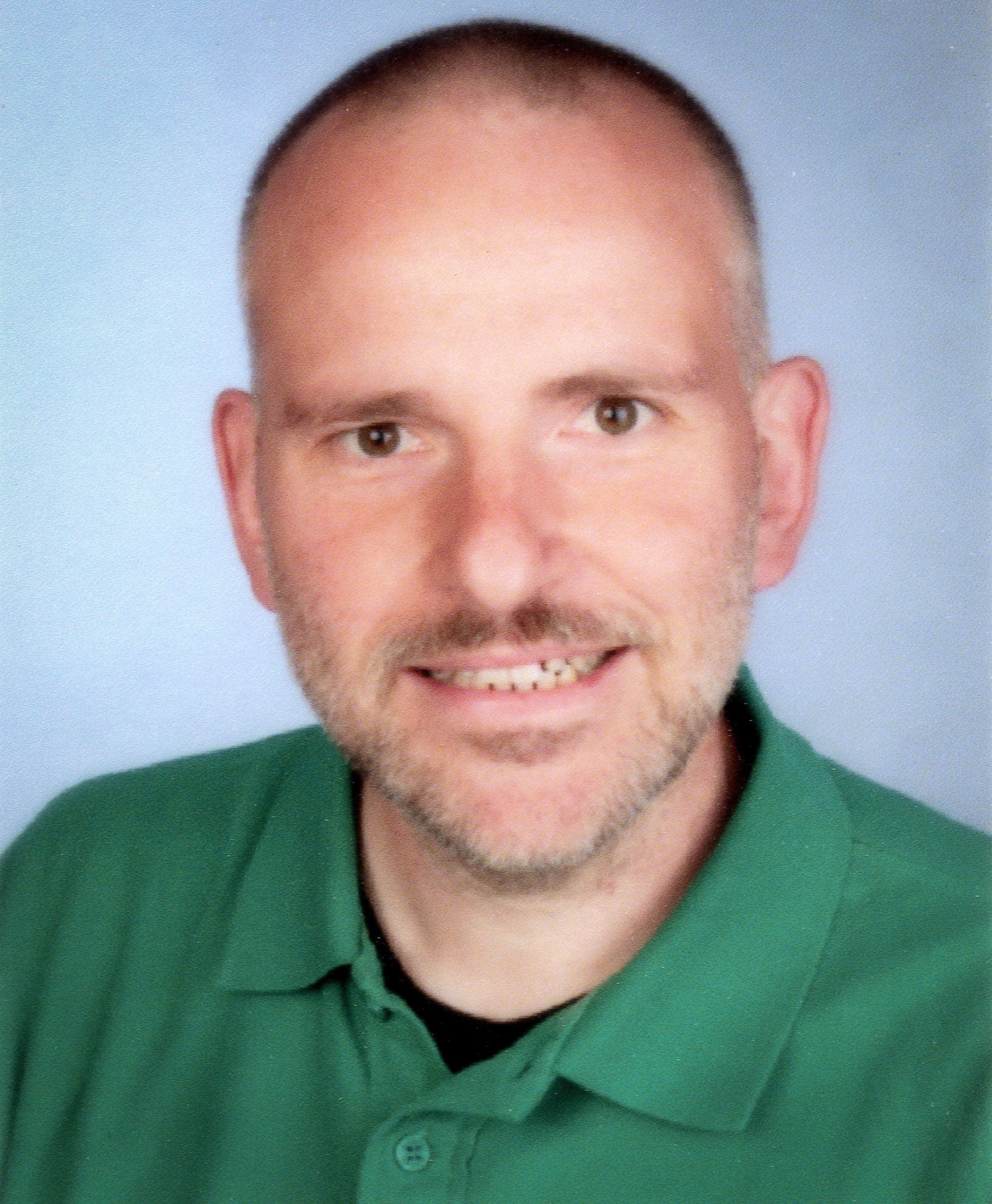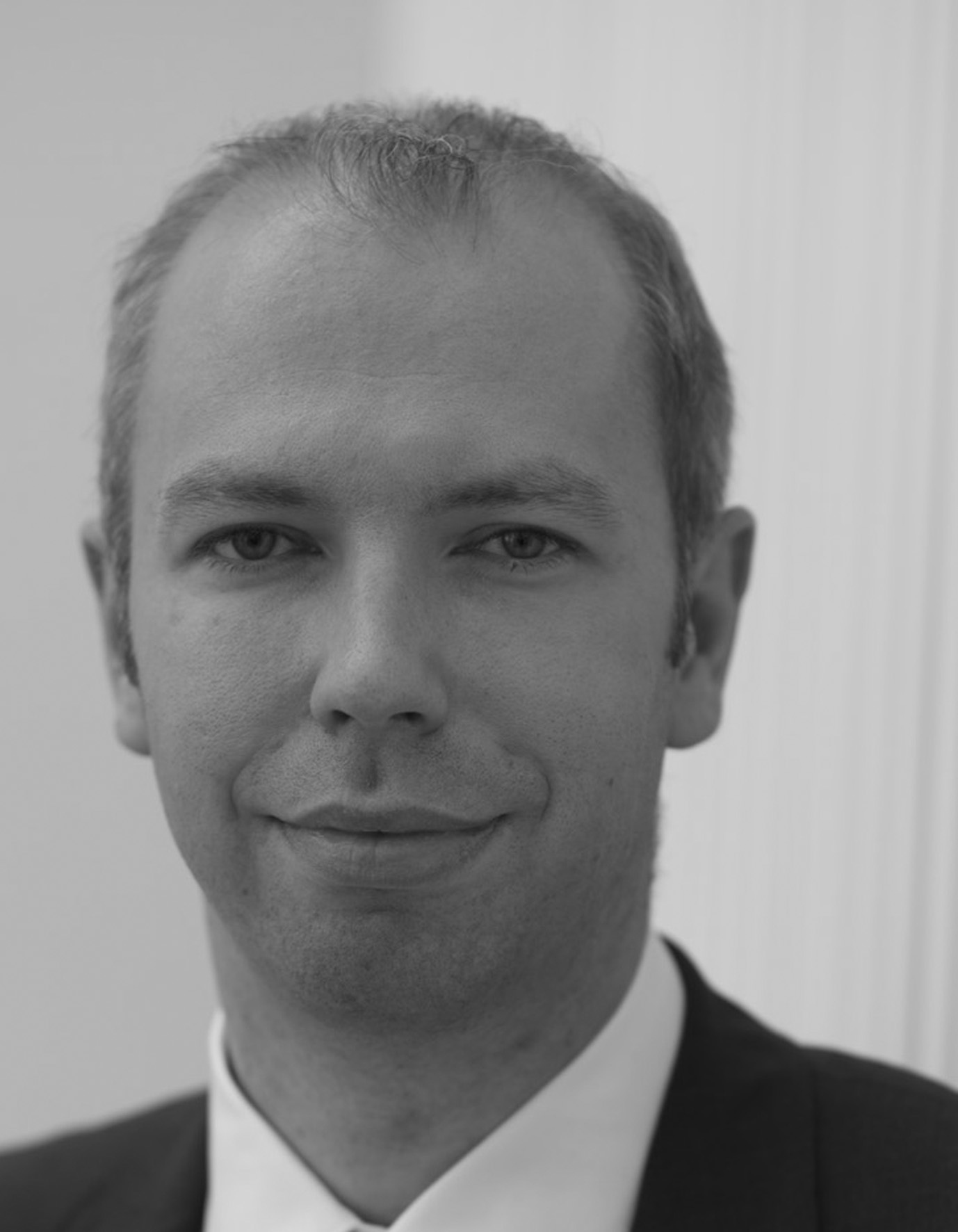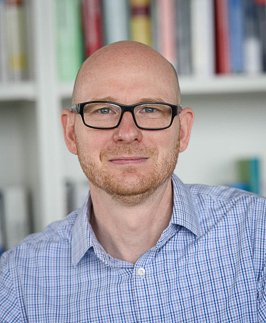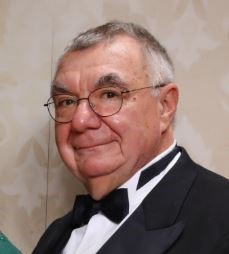Keynotes
Keynote 1: Gottfried Mayer (BMW Group, Germany)
21.09.2017
09:15 – 10:00
simultanous
Industry 4.0 – Chance or Risk for Material Flow Simulation
Gottfried Mayer
BMW Group, Germany
Industry 4.0, Digitization, Big Data, Digital Twin, AI (Artificial Intelligence) – buzzwords, which are currently indispensable. Initiated by these trends, planning and production in the automotive industry will change significantly. What role will the methods of material flow simulation play in this context? Is the age of material flow simulation over or will it play a key role?
Gottfried Mayer has worked for BMW AG, Munich since 1990. Up to 1999 he was responsible for different functions and worked in the Training Department, Maintenance and Department for Higher-Level Control Technology. From 1999 on Gottfried Mayer has focused on process simulation. In this field, he has taken responsibility for global Vehicle Body Construction, local Vehicle Body Construction at the Munich Plant and global Core Production. Since 2011 Gottfried Mayer has been Project Manager for IT projects in factory planning, process simulation, virtual production and Digital Twin.

Source: © Gottfried Mayer
Keynote 2: Mark Junge (Limón GmbH, Kassel)
21.09.2017
13:30 – 14:15
simultanous
Simulation – a Key Component of Energy Management 4.0
Mark Junge
Limón GmbH
Energy efficiency, energy management, and virtual power plants are key terms of the Energiewende. As the top energy consumers, industrial companies face a major challenge. Based on Industry 4.0, all significant energy data must be analyzed to decrease a company’s energy requirement as well as to be an intelligent consumer on the grid. Simulation is an important tool for identifying potential, creating forecasts, and implementing optimizations.
Prof. Dr.-Ing. Mark Junge is the managing director of the Limón GmbH and an honorary professor at the University of Kassel. After completing studies in mechanical engineering and his dissertation at the University of Kassel, he founded the maxPlant GbR in 2002, where he remained a partner until 2007. From 2003 to 2008, he researched and worked as a research associate in the “Umweltgerechte Produkte und Prozesse” department at the Institute for Production Technology and Logistics of the University of Kassel. In 2007, he founded the energy efficiency service provider Limón GmbH. Under his management, the company has grown from a startup to one of the leading providers of energy efficiency solutions for industrial applications in Germany. This success story was honored with the Hessian Founder Award in 2011. Professor Junge is also a member of the board of deENet e.V. and VDI BV Nordhessen. He has published and held more than 100 presentations and journal articles.

Source: © Mark Junge
Keynote 3: Markus König (Ruhr-University Bochum)
22.09.2017
09:15 – 10:00
simultanous
Building Information Modeling – New Opportunities for Simulation-based Planning in the Construction Industry
Markus König
Ruhr-University Bochum
An important initiator for the digitization of value-added chains in the infrastructure, building and plant construction industry is Building Information Modeling. Using digital information models for certain planning and construction tasks can improve the overall project efficiency and lead to lower risks. This also makes it possible to develop new concepts for the creation and use of simulation models for the planning of complex production and logistics processes in construction. The presentation will highlight how Building Information Modeling can be applied for simulation-based planning. The focus will lay on information requirements for digital building models in order to be able to systematically and efficiently create simulation models. Appropriate visualizations of the simulation results make decisions more transparent and help to identify possible risks at an early stage.
Markus König is professor for Computing in Civil and Environmental Engineering at the Ruhr-University Bochum, Germany. Previously, he was Assistant Professor of Theoretical Methods for Project Management at the Bauhaus University Weimar, Germany. He obtained his Ph.D. in Civil Engineering from the Leibniz-University Hanover, Germany in 2003. His research interests include building information modeling, construction simulation and optimization, knowledge management in construction, intelligent computing in engineering and computational steering. He was part of the expert panel who developed the “Road Map for Digital Design and Construction” for the Federal Ministry of Transport and Digital Infrastructure (BMVI). Since 2016 he is one of the project leaders of the implementation team commissioned by the BMVI. He published more than 100 scientific journal and conference papers.

Source: © Prof. Dr. Markus König
Speech of the Day: Prof. Dr. Felix Breitenecker (TU Wien)
21.09.2017
17:15 – 18:00
simultanous
Simulation for Analysing and Understanding Pathways of Migrants and Refugees
Prof. Dr. Felix Breitenecker
Research Group Mathematical Modeling and Simulation, TU Wien
In autumn 2015, Europe was confronted with a dramatic migration movement - the so-called refugee crisis 2015. No ebbing of the migration and refugee pathways can be expected for the near future. Can simulation help to analyse the pathway of migration in such a critical case, and can simulation forecast migration and refugee pathways? The lecture discusses a model for population dynamics especially adopted for migration, with at least three capabilities (i) an a posteriori simulation of the refugee crisis 2015 with UNHCR data, (ii) an a priori simulation (forecast) for the migration movement in summer 2016 with given prerequisites, and (iii) simulation studies with different scenarios of separation forces (border control), and change of attraction and repulsion. Unfortunately, the simulation does not provide direct help for the people involved, but the simulation model can help in better understanding and improving the situation of migrants and refugees.

Source: © Prof. Dr. Felix Breitenecker
- Home
- -
- Papers
- -
- Program
- -
- Photogallery
- -
- Sponsors
- -
- Exhibition
- -
- Venue
- -
- Past Conferences
- -
- Contact
